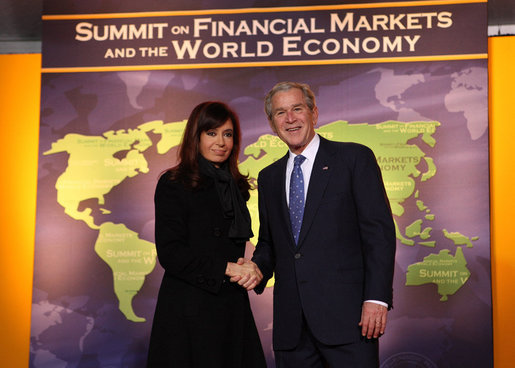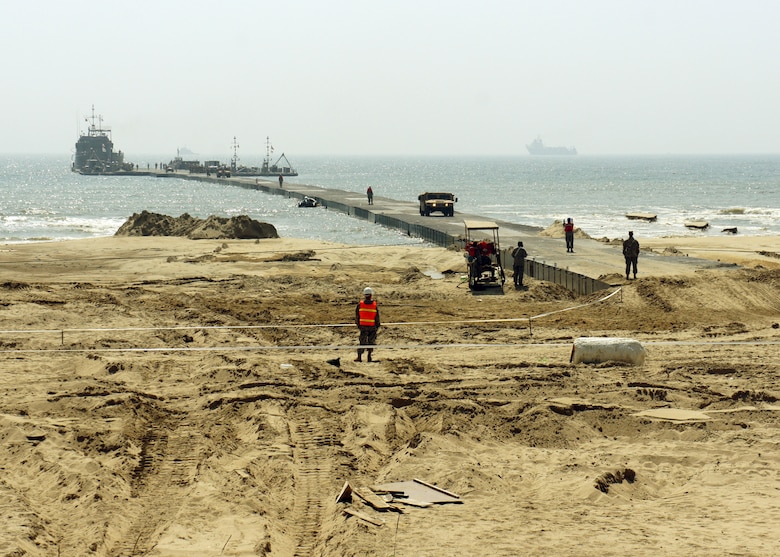Development Banks Increase Investment Focus on Climate Change
International development banks intensify efforts to boost investments in green finance initiatives amidst global economic uncertainty and climate change concerns.

Multilateral Development Banks Increase Investment Focus on Climate Change
As climate change remains a pressing global concern, international development banks (IDBs) are intensifying their efforts to boost investments in green finance initiatives. Odile Renaud-Basso, president of the European development bank, emphasized this commitment during a recent discussion, coinciding with the unfolding election results. Renaud-Basso highlighted that IDBs are significantly increasing their investments in the green sector. This shift comes amid current economic uncertainty regarding U.S. climate policy under President-elect Donald Trump, who has dismissed climate change as a hoax and signaled intentions to pull the U.S. out of the 2015 Paris climate agreement.
Next week, Renaud-Basso is set to convene with global policymakers at the UN Climate Conference COP29 in Azerbaijan, where Europe and China are under pressure to spearhead international efforts in addressing climate change. The EBRD is poised to commit billions to assist developing nations in mitigating the impacts of climate change initiatives. In 2023 alone, the bank reported $7.5 billion in climate finance commitments, successfully attracting $26.7 billion in private investment opportunities.
Globally, the International Energy Agency anticipates a whopping $2 trillion will be invested this year in clean energy and infrastructure projects. The EBRD has already made strides by aiding Azerbaijan in transforming its energy sector, approving two solar projects that aim to produce a combined capacity of 750 megawatts at an investment of $666 million.
Concerns about escalating trade tensions are also on the rise, with Trump proposing to increase import tariffs on products from China and the European Union. Renaud-Basso warned that such tariff hikes could negatively impact growth in emerging markets. 'An escalation of trade conflicts through retaliatory measures will not benefit the world or foster economic growth,' she stated, noting the adverse effects this could have, particularly on nations reliant on the economic vitality of the EU and China.
The EBRD, which operates across emerging Europe, Central Asia, the Middle East, and Africa, has recently revised its regional growth forecast downward for the second consecutive time in October. On Turkey's significant shift toward more orthodox monetary and fiscal policies since last June, Renaud-Basso urged policymakers to maintain their reform trajectory. Turkey has sought to remedy economic imbalances through substantial interest rate hikes implemented by the central bank, alongside increases in taxation. Renaud-Basso underscored that while discussions regarding the balance between monetary and fiscal policies are essential, the key is for Turkey to remain steadfast on its reform path.
As the world grapples with economic uncertainty and the ongoing threat of climate change, the commitment from development banks to drive sustainable investments will play a critical role in shaping a greener future.





